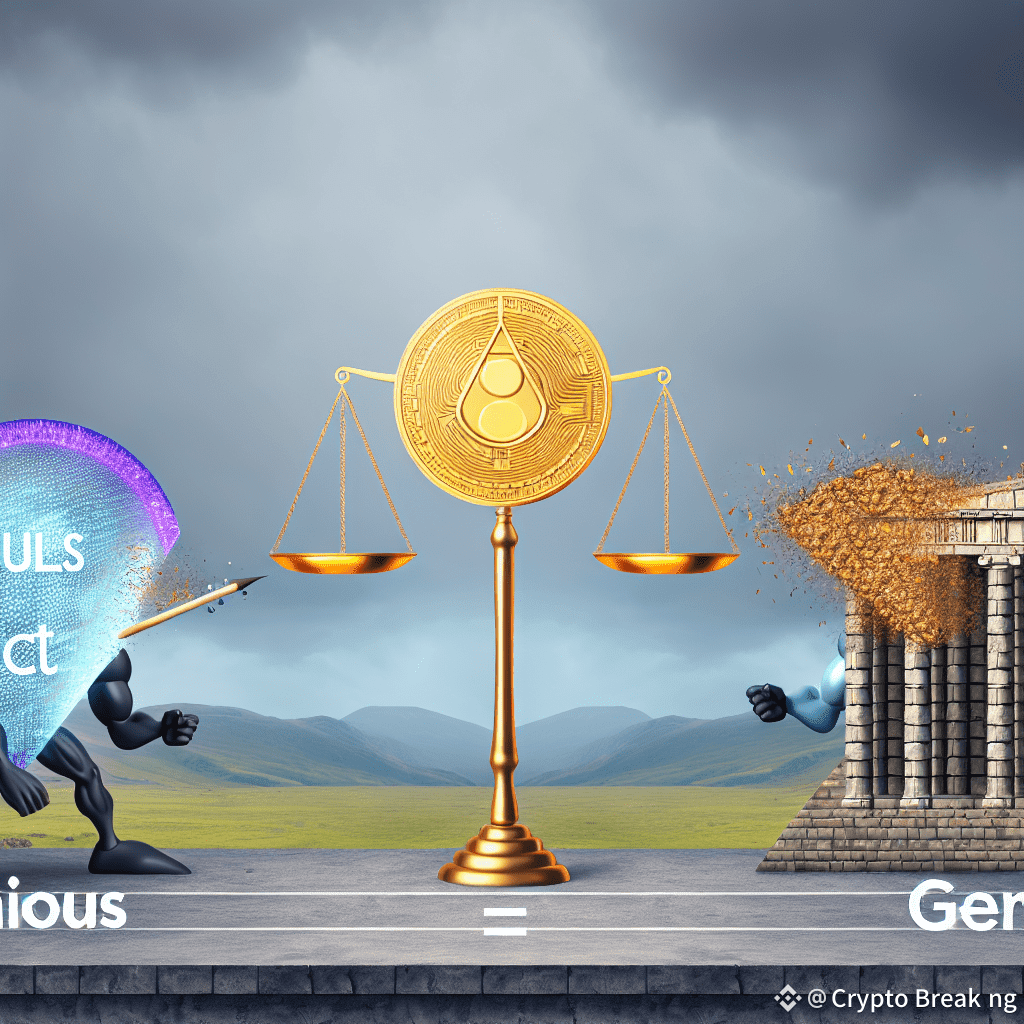
In a significant development in the cryptocurrency sphere, the U.S. House of Representatives has introduced the 'Genius Act,' a legislative proposal aiming to regulate the issuance and operations of stablecoins by large technology firms. This move marks a pivotal moment in crypto regulation, ensuring that the rapidly expanding influence of Big Tech in the financial sector is kept in check, promoting a more secure and compliant market environment.
Exploring the Scope of the Genius Act
The 'Genius Act,' formally referred to as the 'Guarding Equity In a New Iteration of U Stablecoin Act,' proposes stringent regulations on the ability of technology giants to issue or involve themselves with stablecoins. The act clearly states that any company primarily engaged in non-financial businesses with an annual global revenue exceeding $25 billion is prohibited from affiliating in any form with stablecoins. This includes direct issuance or controlling any entity that issues stablecoins. This legislative move targets preventing market monopolies and ensuring a fair, competitive environment within the blockchain and cryptocurrency sectors.
Implications for Big Tech and the Crypto Market
By limiting the participation of major tech corporations in the stablecoin market, the Genius Act aims to address potential conflicts of interest and undue market dominance. This is significant, especially considering how companies like Facebook (now Meta) have previously expressed strong interest in entering the cryptocurrency domain, with projects like Diem (formerly known as Libra). The introduction of this bill reflects a cautious approach by lawmakers to safeguard the financial system and ensure that the burgeoning sector of digital currencies operates transparently and within a regulatory framework that promotes stability and innovation without overpowering competition.
The Broader Impact on Blockchain and Financial Technology
This legislative approach not only affects the direct participants but also signals a broader regulatory trend towards the integration of technology and financial services. With the increasing convergence of finance and technology, clear guidelines and frameworks are essential for fostering innovation while protecting consumers and maintaining systemic stability. This act could serve as a reference point for future regulations in the cryptocurrency and broader financial technology sectors globally.
In conclusion, the 'Genius Act' serves as a crucial step in aligning the interests of technology firms with the broader goals of market integrity, consumer protection, and financial stability. As the landscape of digital currencies continues to evolve, such proactive measures will be pivotal in shaping a balanced and flourishing market ecosystem.
This article was originally published as GENIUS Act Stops Big Tech and Banks from Monopolizing Stablecoins: Circle Exec on Crypto Breaking News – your trusted source for crypto news, Bitcoin news, and blockchain updates.


